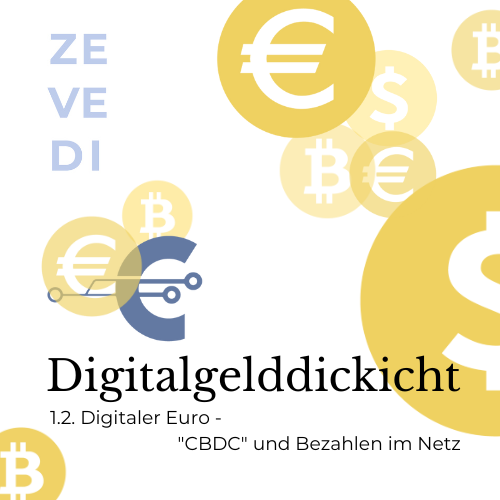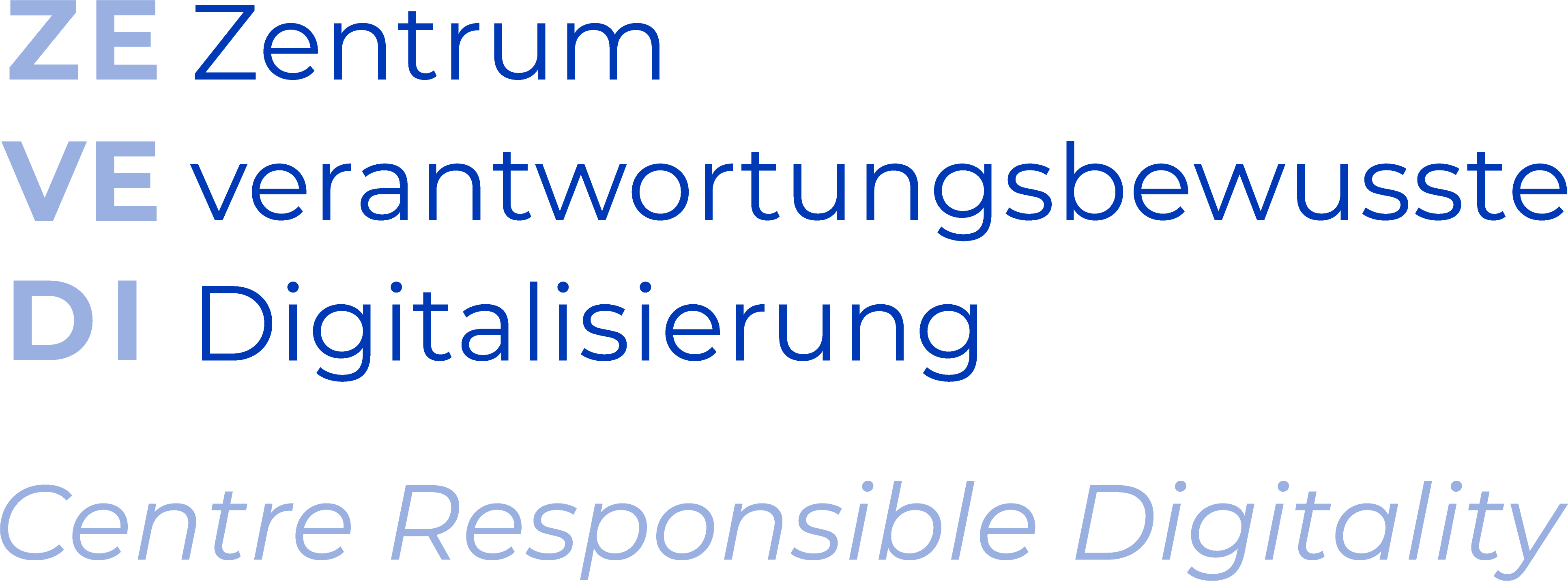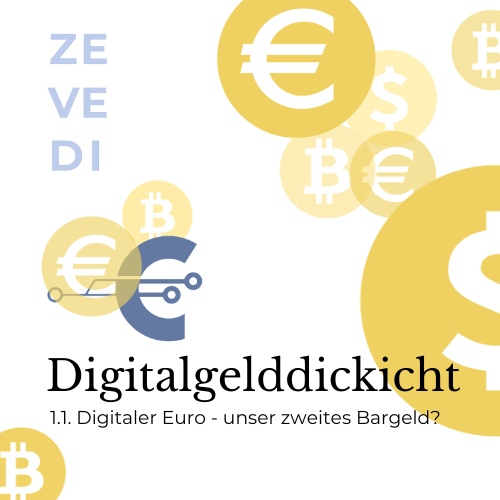
A new money is entering the world: central bank digital currencies, known in technical jargon short as CBDCs. The probability that we will have and use such money in a few years is quite high: in the Eurosystem this would be the so-called digital Euro. But what such CBDCs are for, is often unclear.
We rarely think about what happens underneath when we hold our devices or cards up to the payment device or click on this or that payment option on the Internet. But in order to get an idea of the potential of a CBDC, it is worth taking a look behind the scenes..
In this episode, eFin & Democracy takes a closer look at digital payments and gets to the bottom of the argument that a digital euro secures European sovereignty and independence. The historical background of today’s monetary system, the first steps of digital payments in the post-war period and how Europe differs from the United States when it comes to digital payments are addressed by Frankfurt-based economic sociologist Barbara Brandl. The fact that the prominent payment service providers and main drivers of digital innovation are seated in the United States has recently raised skepticism. At the same time, new global players are entering the scene. China is also working on setting up its currency as an attractive digital payment infrastructure. In this context, the “digital euro” project is particularly important, explains Carola Westermeier, who researches financial infrastructures, geopolitics and security from the perspective of political economy.
The Digitalgelddickicht discusses which needs Europe might specifically have with regard to payments. Since we use a global payment network on a daily basis, with 1. no significant major European player around and 2. with only private providers to choose amongst: Is there a need for a European infrastructure or a public alternative?
Guests
Prof.Dr. Barbara Brandl is Professor of Sociology with a focus on Organization and Economy» at the Goethe-Universität Frankfurt. She is member of the ZEVEDI Project Group Tokenized Finance».
Dr. Carola Westermeier is a lecturer and researcher at the Justus-Liebig-Universität Giessen». She co-leads the research project Financial Infrastructures and Geoeconomic Security» mit. She is involved with the discourse project„Democracy Issues of the Digitalized Financial Sectore“ and also a member of the ZEVEDI Project Group Tokenized Finance».
Cederic Meier is a researcher at the Department of State Theory, Political Science and Comparative Constitutional Law at the Georg-August University of Göttingen and conducts in-depth research on constitutional and monetary law issues related to digitalization. Under the working title “Constitutional Issues of the Digital Euro” he is working on his PhD with Prof. Dr. Florian Meinel.
> See also his contribution on the eFin-Blog (German only): Quo vadis digitaler Euro?»
Dr. Jonas Gross is an economist with expertise in the field of crypto assets and central bank digital currencies». He has written his PhD at the Universität Bayreuth on Monetary Economy and Digital Currencies. He is Co-Founder and Chairman of the Digital Euro Association (DEA), Co-Host of the Podcast Bitcoin, Fiat & Rock’n Roll as well as Chief Operating Officer at etonec, a company offering blockchain based payment solutions.
> Particularly recommendable and informative with regard to the digital euro is his podcast interview with Jan Ceyssens, Head of Unit in the Directorate General for Financial Stability, Financial Services and Capital Markets Union of the EU Commission, on the European Commission’s legislative proposal (German only): https://www.bfrr.de/der-gesetzesvorschlag-der-eu-kommission-zum-digitalen-euro-interview-mit-jan-ceyssens/ (10 July 2023).
Weiterführende Informationen und Quellen:
Page on the „Digital Euro Package“ of the European Commission: https://finance.ec.europa.eu/publications/digital-euro-package_en


